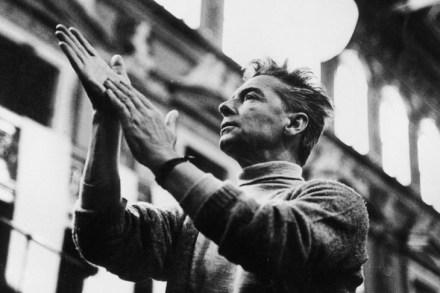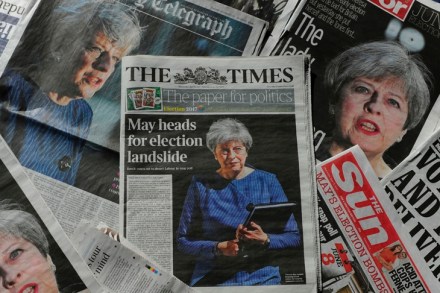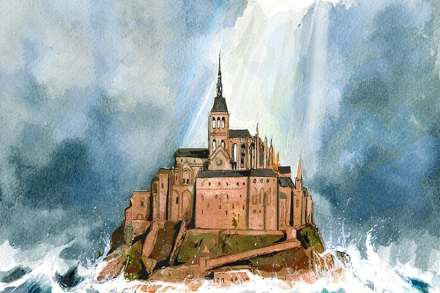Heaven and earth | 28 March 2018
In Nicolas Poussin’s ‘Noli Me Tangere’ (1653) Christ stands with his heel on a spade. He appears, in his rough allotment smock and sandals, to be digging up carrots. In Abraham Janssens oil painting (c.1620), Christ strides among parsnips and pumpkins, cauliflowers and marrows. Mary Magdalene kneels in an artichoke bed. In Fra Angelico’s fresco version — or, rather, vision — for San Marco in Florence (c.1438–50), Christ shoulders a hoe as he hovers above a millefiore carpet of wildflowers. His pristine robes give him away. No gardener would wear white to turn the compost. The Noli Me Tangere scene is the loveliest in the cycle of Christian paintings that




















